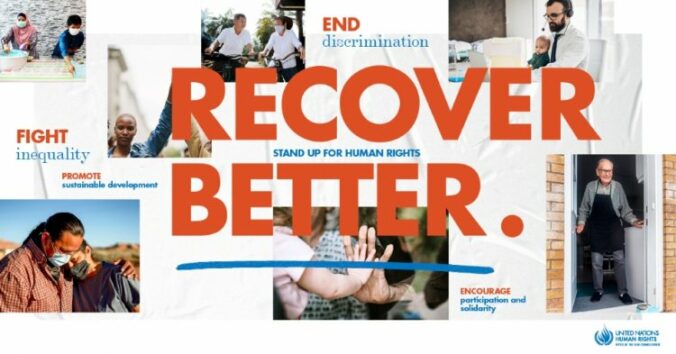When the 134-member Group of 77, the largest single coalition of developing countries, was trying to strike a hard bargain in its negotiations with Western nations years ago, one of its envoys famously declared: “You have the numbers. We have the money.”
But that implicit threat– signifying the power of the purse– did not deter the G77 from playing a key role in helping shape the UN’s socio-economic agenda, including sustainable development, environmental protection, universal health care, South-South cooperation, eradication of extreme poverty and hunger—all of them culminating largely in the 17 Sustainable Development Goals (SDGs) adopted in 2015 and targeted for a 2030 deadline.
The People’s Republic of China, the world’s second largest economy after the US, has remained an integral part– and a strong supporter– of the G77, going back to the historic 1992 Earth Summit in Rio.
At that summit meeting – which marked a battle between the West and the global South over funding to promote development while protecting the environment — a G77 delegate told his colleagues in a closed-door gathering: ”We have to confront them with an iron fist cloaked in a velvet glove.”
Read the article by Thalif Deen, IPS




